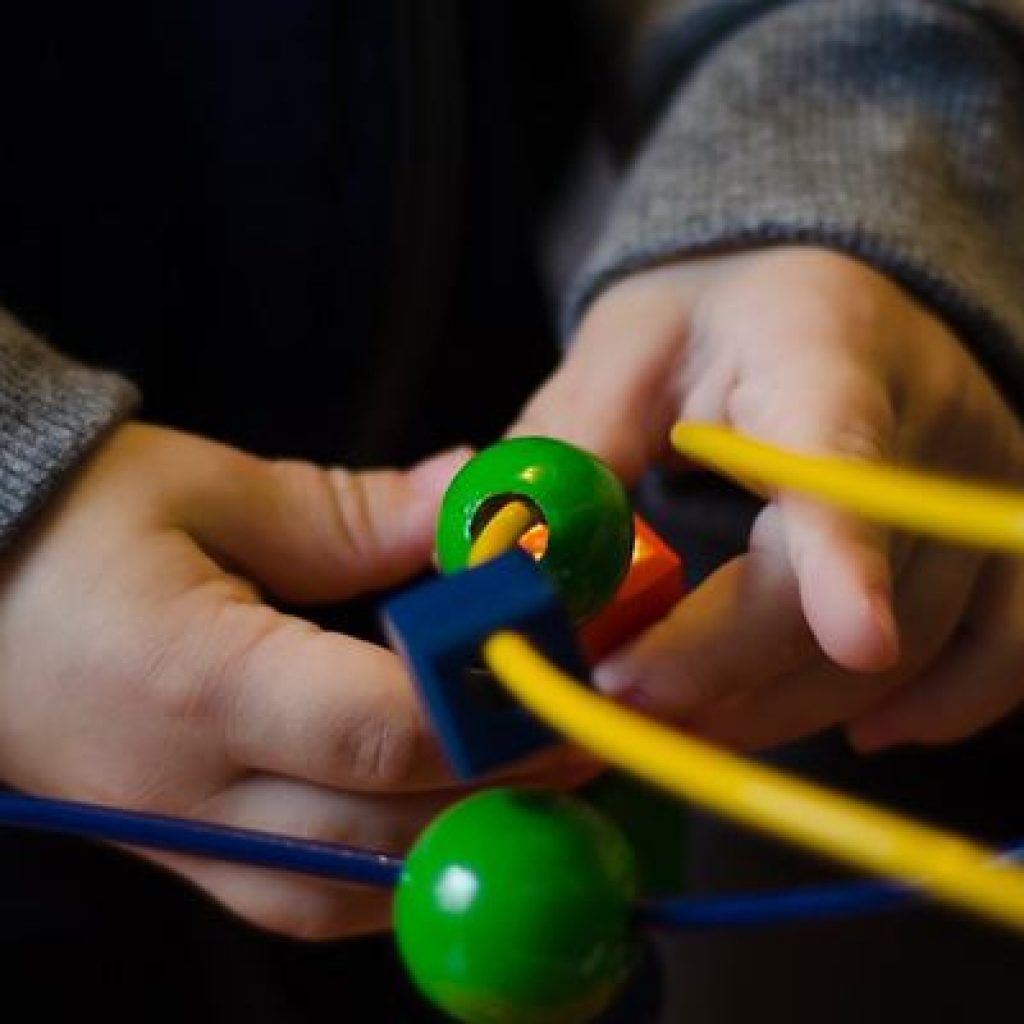DSM-V defines that developmental disorders are developmental conditions that typically arise before the child enters school and are characterized by déficits in personal, social, academic or professional functioning.
Learning is defined as a process that involves progressive changes in an individual behavior. This is often viewed as a result of his/her lifelong experiences, in addition to their connection with the environment. Relative to the extent that a child interacts and socializes with the environment new experiences and skills are integrated into his/her repertoire.
Child development is closely linked to maturational brain process and interactions performed in the environment through the use of sensory and motor abilities. These capacities, as stimulated and constantly worked, can evolve from a basic cognition to a more elaborate higher condition. For this reason, pedagogical intervention activities can effectively assist in the development of skills and attitudes in children with developmental disorders.
Sensorial abilities occur when the child receives and processes environment ´s experiences on a daily basis. Examples include: hearing, sight and touch such as: crying, babbling and singing (language) as well as the use of hands in the interactions (manual capacity).
Motor learning is a process that involves progressive changes in the motor behavior of the individual as a result of their life experiences as well as their contact with the environment. Thus, human motricity is the result of the transformations in the perceptive-motor acquisitions from their experiences and explorations. The motor experience allows the learner to expand his repertoire of movements and actions such as: balance, coordination and strength, through the contact and improvement of stimuli coming from the environment.
It is through the movement that the child accesses, explores and understands the world around him. The act of moving, gives to this child the opportunity to grow, to experience, and to self-adjust to external situations. In this way, the body becomes a means, a vehicle through the most diverse contacts with the world. Thus, insofar as the child interacts and socializes with the environment, new knowledge and skills are integrated into his repertoire. As examples of motor experiences are running, jumping or crawling for example.
The constant development of sensorial and motor capacities is an indicator of “how the maturational process of the child’s Brain is”. However, it is important to note that a child’s level of development does not always follow his or her chronological age. A genetic syndrome for example, can dificulty the development of some capacities in child´s life. In this way, what defines the progress of their abilities is what this child can receive, understand and express at that moment.
The Pedagogical work using sensory-motor activities integrates child’s perception and interpersonal skills, allowing him to discover relationships between synchrony, time and space, sensations and temperature, movement and mobility. The daily practice of sensory and motor activities can be explored by parents, caregivers and teachers through playful activities, making use of pedagogical materials such as: scissors, clay, gouache paint, sung stories, blocks, Mini circuit with obstacles, among others.
It is imperative the teacher is able to recognize the types of neurological needs in students, so that planning and applying pedagogical activities are done according to individual needs.
Even if the child doesn´t have the level of maturity conniving with his chronological age, it is necessary to stimulate and practice development activities, that help him to develop fine motor skills, such as: ripping paper, handle and play with modeling dough, make cutouts with magazines and colored paper, among others. These activities contribute positively to the improvement of sensorial and motor skills, and can serve as a pedagocical strategy for the practice of more refined capacities later.
Listed are some behaviors the teacher can observe in the classroom that will help him/her identify individual needs:
- The type of posture that the student use to write
- How to pick up the pencil or pen for the homework
- How they walk day by day, with colleagues
- How they handle the toothbrush and personal belongings
- How do they position themselves in play activities and play games
- How do they observe and copy the lesson from the board.
The teacher plays an instrumental role in the development and improvement of a child’s abilities in the classroom, especially in those who present developmental delays. Activities of pedagogical intervention in childhood are crucial for child’s development in sensorial, motor, cognitive, affective and social aspects of life.

